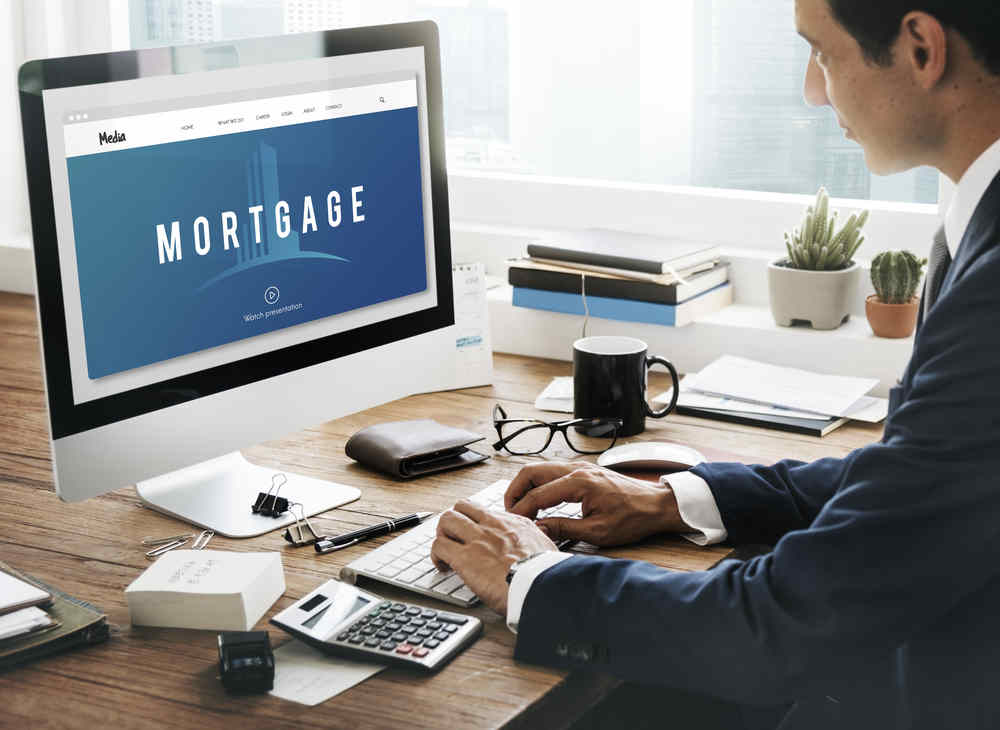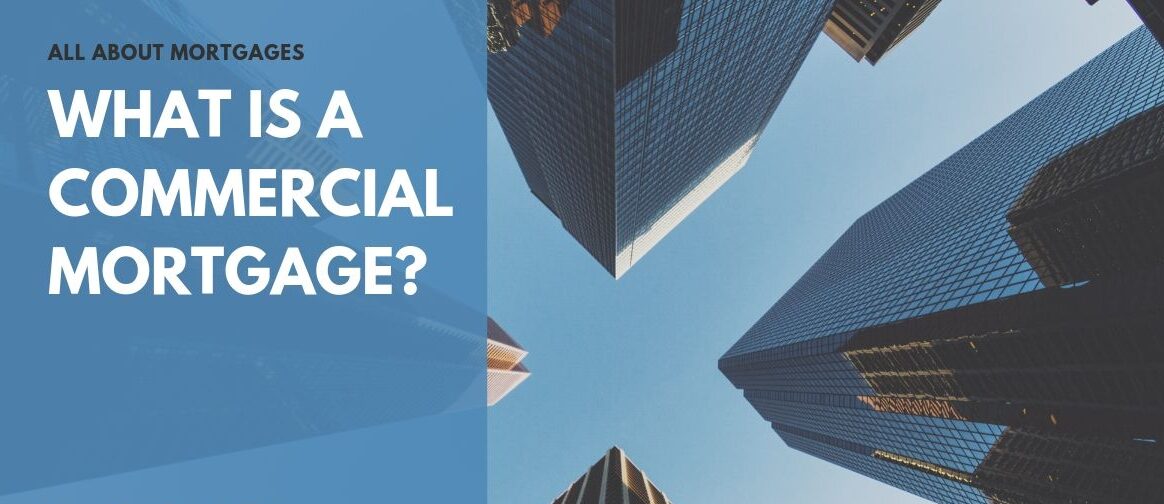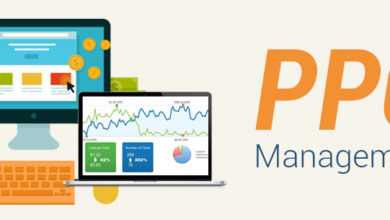If you’re thinking about getting a commercial mortgage, then there are a few things you should know before making the decision. This type of mortgage works exactly like a loan, only you’ll be securing a property that you don’t own yourself.
This is, in fact, the key thing to note with commercial mortgages, and they might remind you of buy-to-let mortgages. However, the latter is quite different, in a way that they are higher in volume than the previous ones.
So how does one work? How can you secure a loan against a property you’re not the owner of? Well, we’ll explain all that in this guide.
How Does A Commercial Mortgage Work?

An important thing to know regarding these loans is that every single application is reviewed differently and is given a unique set of rates.This means that a lending manager will single-handedly review each mortgage application and take into account the risks and rewards.
If we are to take every such mortgage into account and give it an average, it would be anything from four years up to twenty-five (25) years. Naturally, this means that these types of contracts are very short-term, and they’re even some of the best of the kind.
With all that said, there are even shorter-term loans than these, but we won’t get into that in this guide.
As a general rule of thumb before we continue, getting a larger loan that also comes with a lower risk will often enjoy the best rates. Lenders will take into account the potential risks involved with your application, and you might be turned down if you fail to meet their criteria.
Who Needs Commercial Mortgage?

Judging from the name, commercial mortgages are used by businesses and companies that are looking to either purchase or release a property. In the case of the former, businesses can use this mortgage loan to add to their value by increasing the property the business owns.
The same goes in the case of the latter, in a way that a business can release the value of one of its property so that the value could then be reinvested into other financial or capital improvement.
As you could imagine, the process for such a loan involves quite a bit of paperwork. Some of the documents needed to finalize such a loan include the usual profit/loss statement from your business, your businesses’ tax returns, photos of the property, and tons of other paperwork.
What If You Have Bad Credit?
Okay, let’s say you want to increase your businesses’ capital, but the paperwork shows you have bad credit. What now?
Well, having a bad credit doesn’t necessarily prevent you from obtaining a commercial mortgage; it only makes it harder for you to do so.
Having bad credit makes it harder for you to obtain any kind of contract and if you do manage to do so, the rates will most likely increase.
If you have bad credit, then chances are you’ll need to speak to a specialist that focuses solely on giving a commercial mortgage to bad credit owners.
Since your bad credit deems you a higher risk, you’ll be given unfavorable terms and you’ll have a tougher time paying off the loan.
If you’re looking to consult with a professional before going down to the lender’s office, then make sure to visit the experts at mortgagesbyjill.com

Pros and Cons of Using Such Loans
Naturally, as with any type of financial loaning, there is a set of pros and cons for obtaining such a contract loan.
First off, let’s take a look at the pros.
Pros:
- The way this loan is structured makes it impossible for the rent to increase. This is probably one of the best things regarding it.
- There is a real possibility that you can rent the property to another business. Don’t get your hope too high on this one as you’ll actually need the lender’s permission to do so.
- Since you’re the new owner of the property, you can make interior changes as you please. Also, you can add whatever you like and even erect new rooms.
- Yet another brilliant thing regarding these mortgages is that the interest payment is tax-deductible.
- And the final one is that your capital increases as the value of the building does. This can, however, be a double edge sword as your capital also decreases as the value of the building does so.
Now, let’s take a look at the negatives revolving such loans.
Cons:
- Since in fact you’re buying a property, and in some cases an entire building, you’ll need to put a very high deposit. This might not be a problem for some business owners, but do know that the amount of money could certainly come in handy elsewhere.
- Since you have a rental agreement with the lenders for the property in question, you might also want to relocate or move in the near future. Do know that might be difficult to achieve due to the previously-mentioned agreement.
- Since you’re effectively the owner of the property, then you’re also in charge of any potential maintenance and fixes. You’re also tasked with looking after the property so this is something that cannot be avoided.
- We mentioned that commercial mortgage rates cannot change. Well, that’s only in the case if your commercial mortgage is set as a “variable”.
- And the last one, which we discussed in the previous section, is that your capital decreases in value if the value of the property also decreases.
Is This the Right Choice For Your Business?

People debate whether commercial mortgages are good for any business. However, do know that this is one of the best ways to either buy the new business property or sell existing to reinvest into your business.
Truthfully speaking, if you have the money then you shouldn’t even get a loan, but a commercial mortgage is the best option if you don’t have the money.
If you’ve found a property but do not want to take this kind of loan, then another option to choose is a bridging loan.






